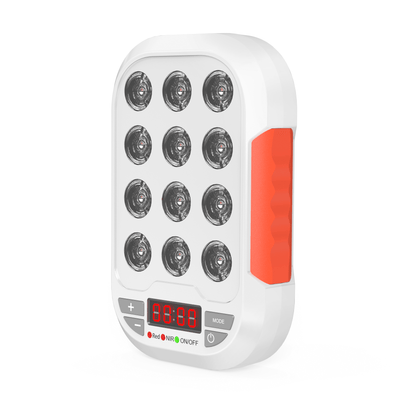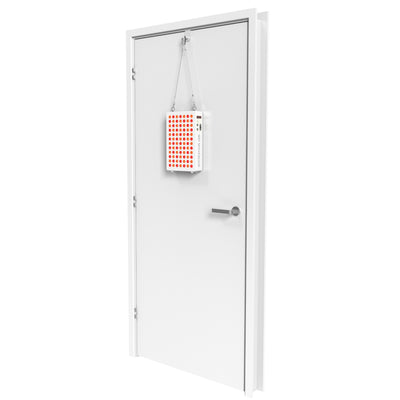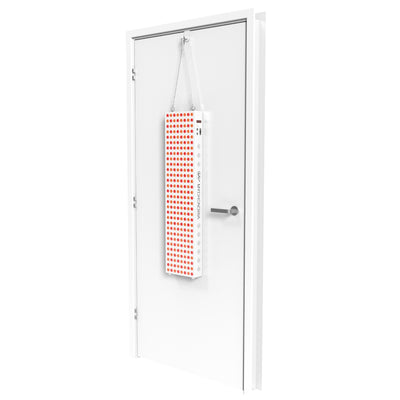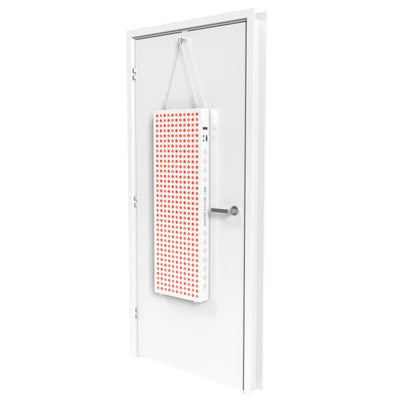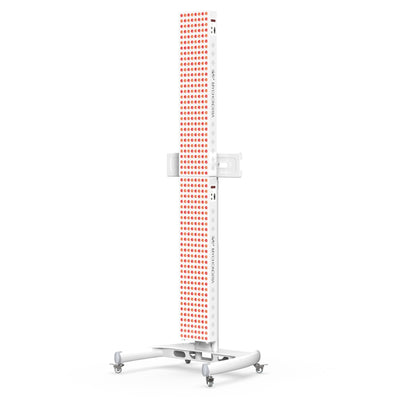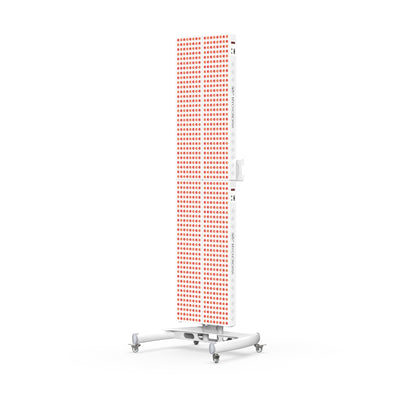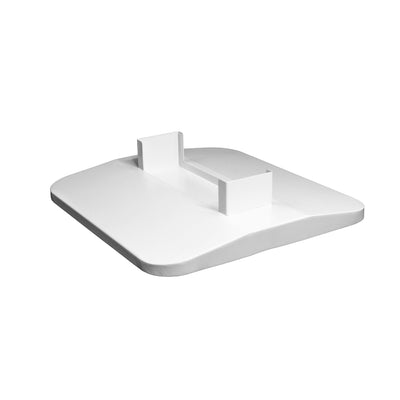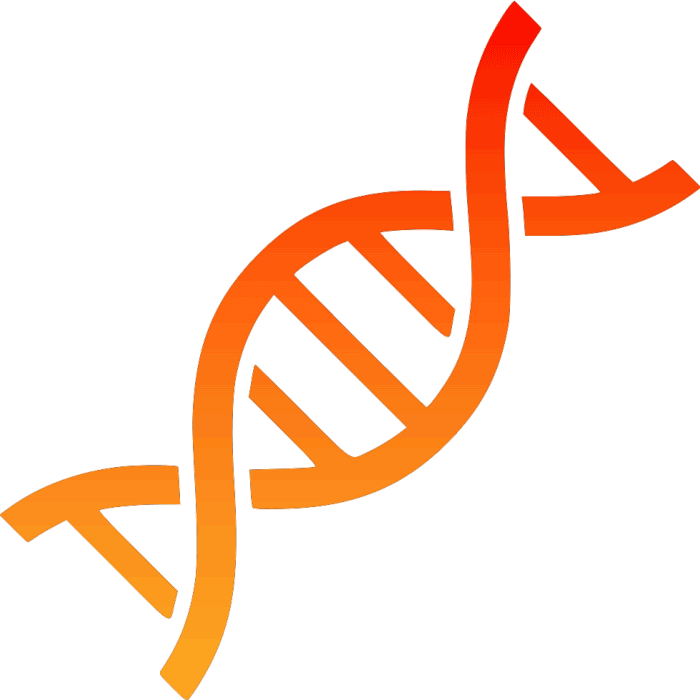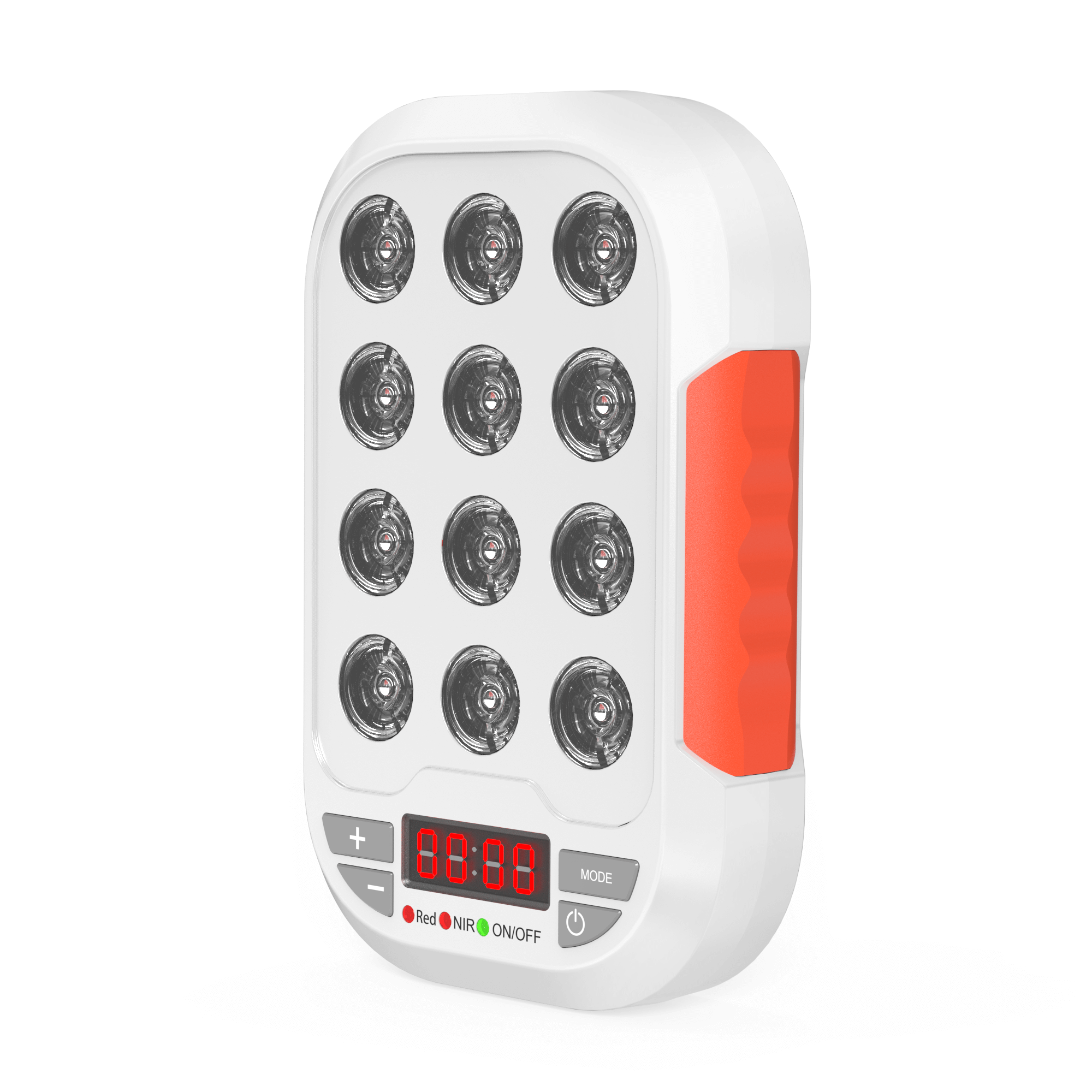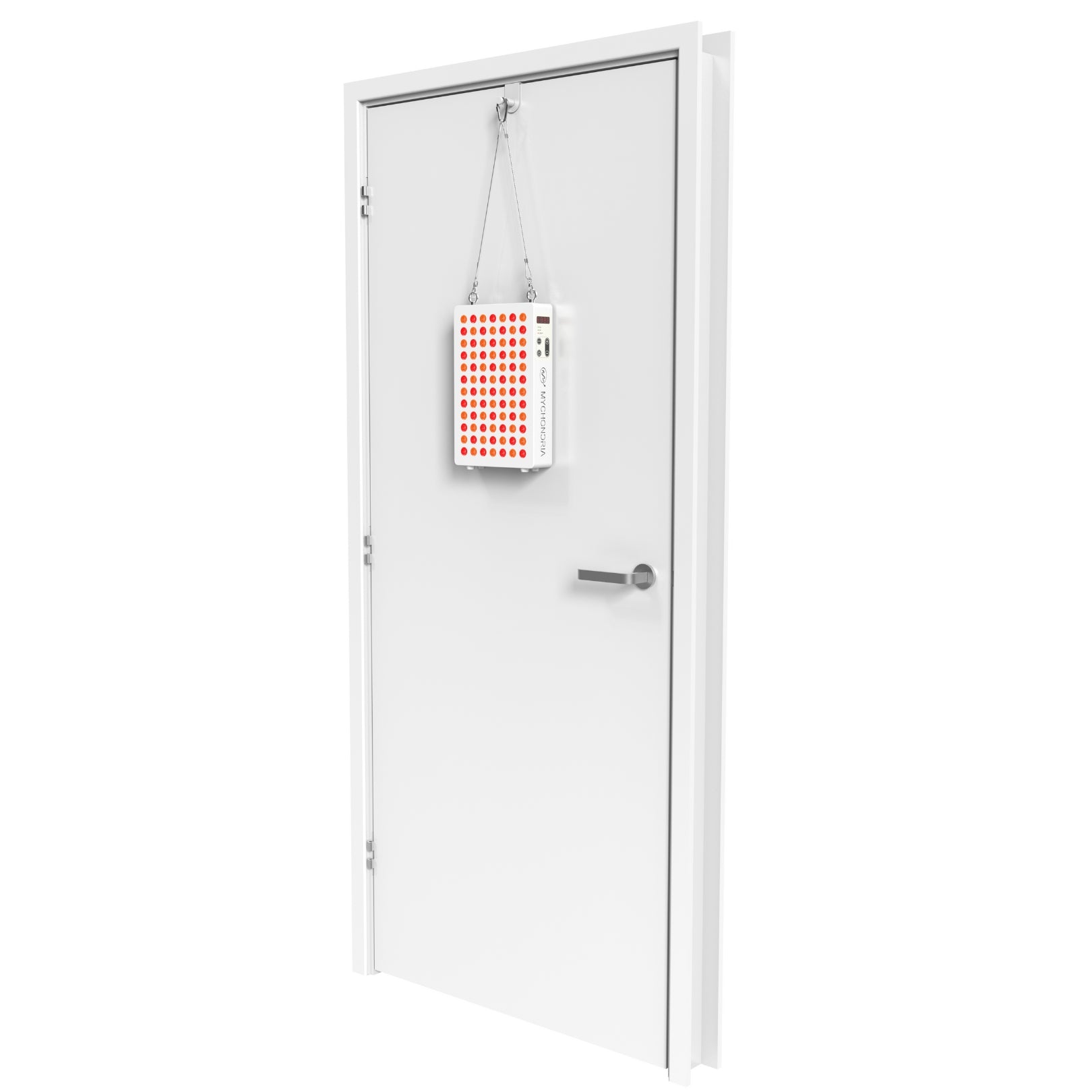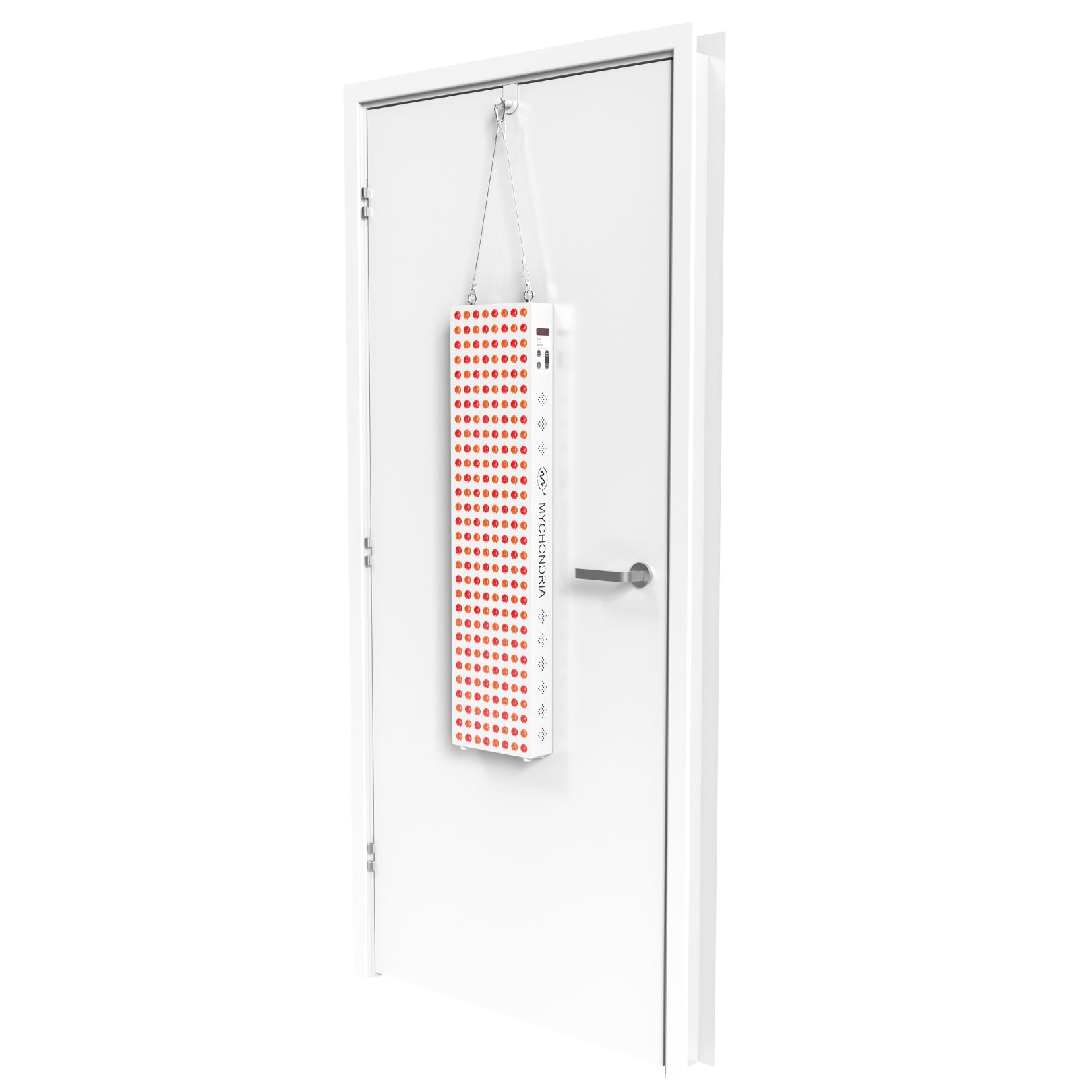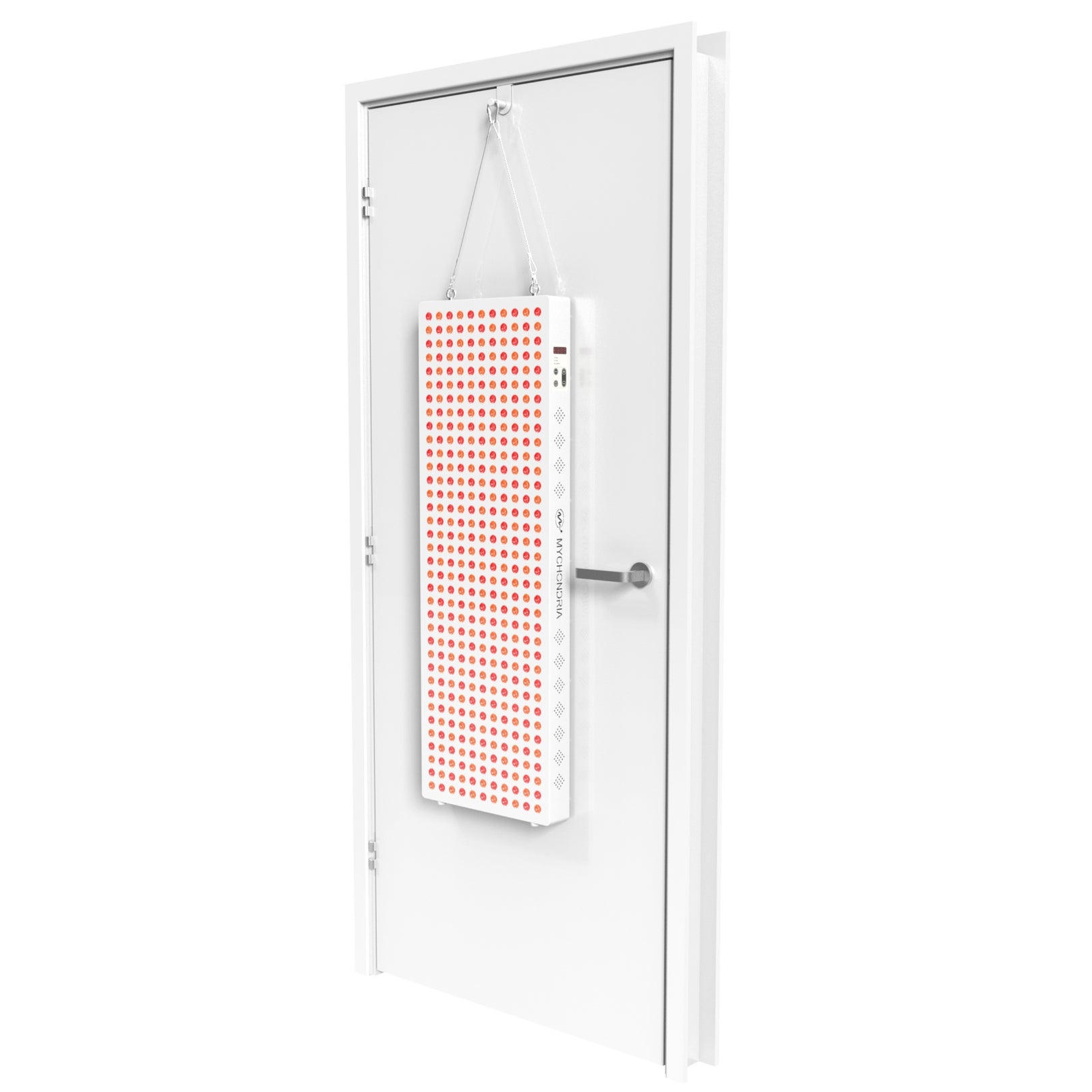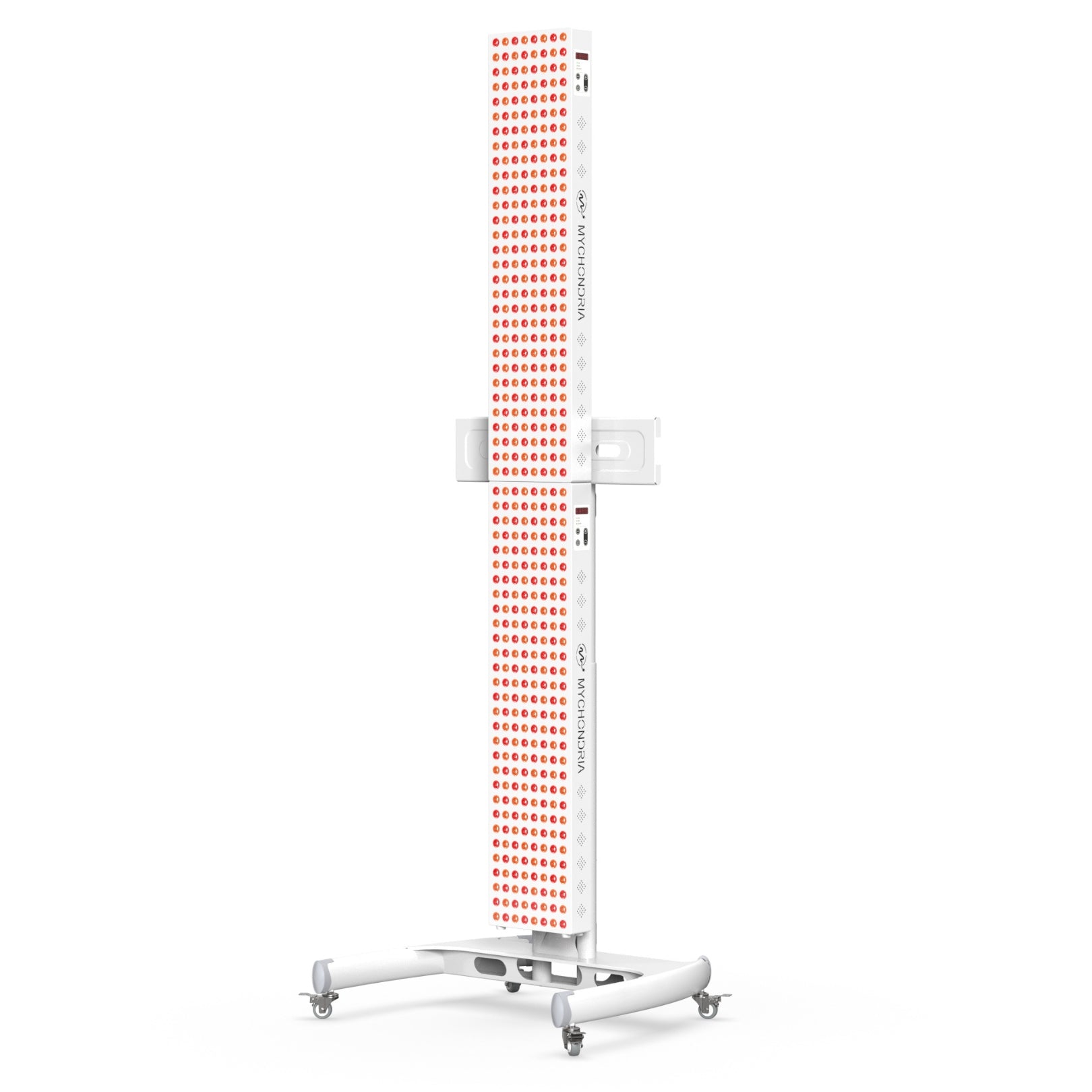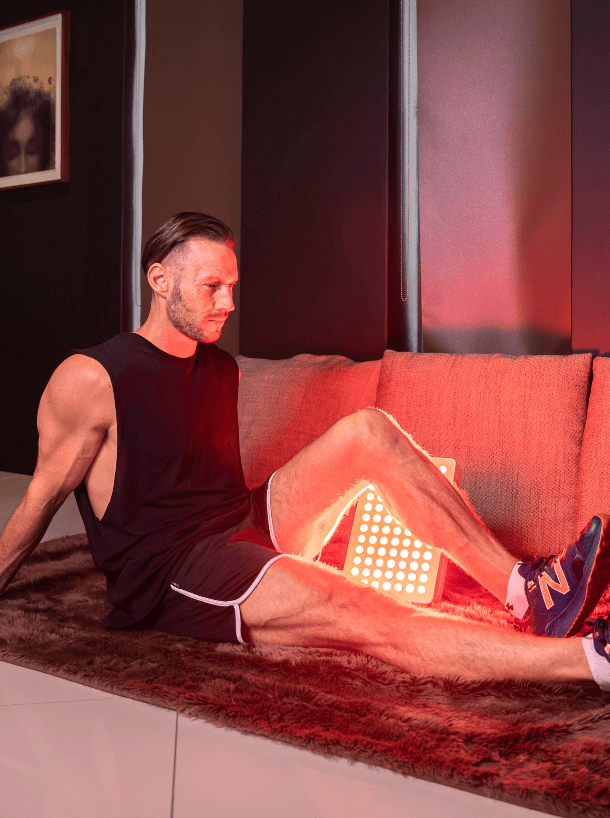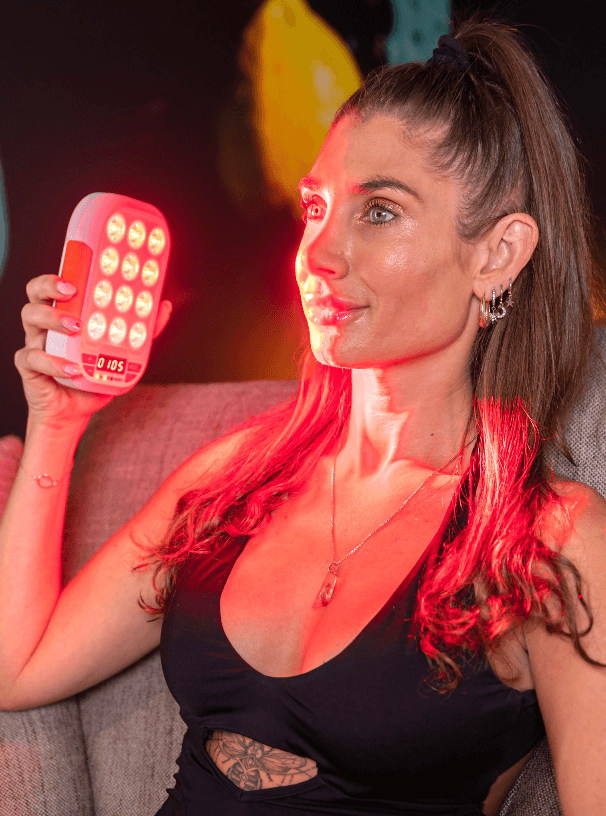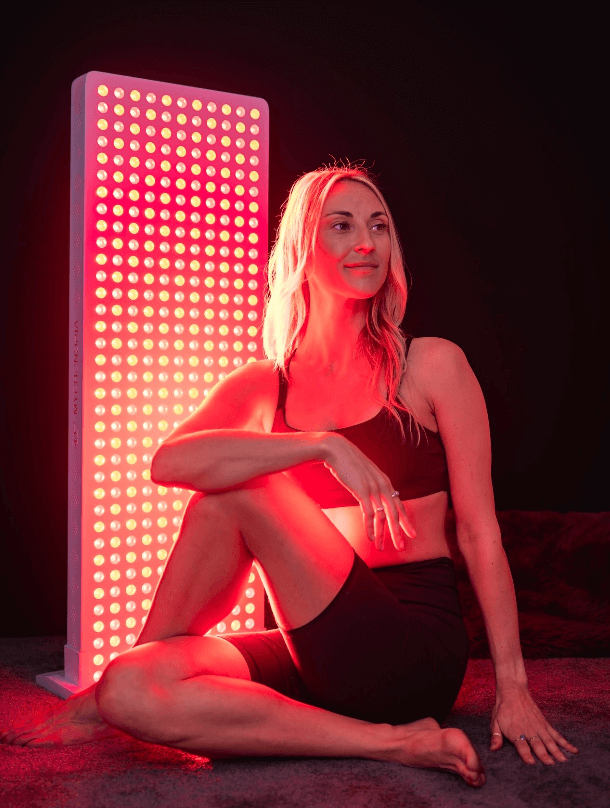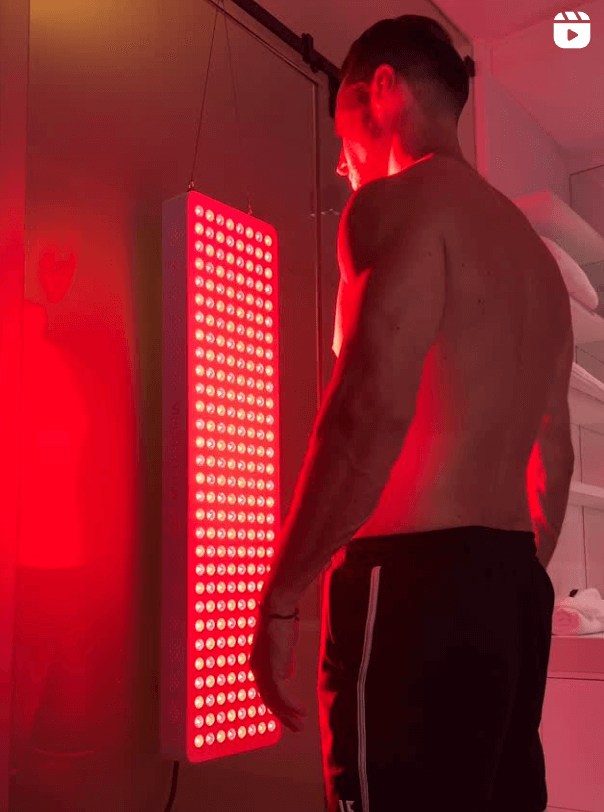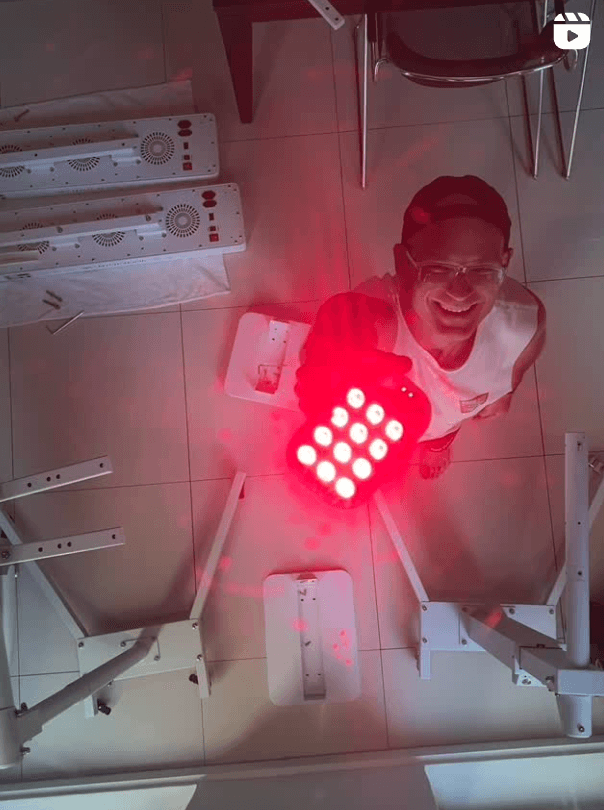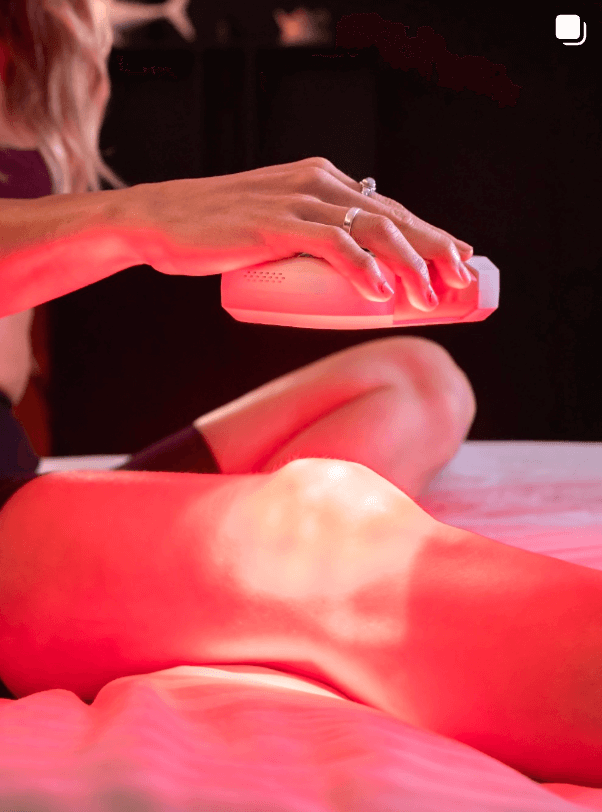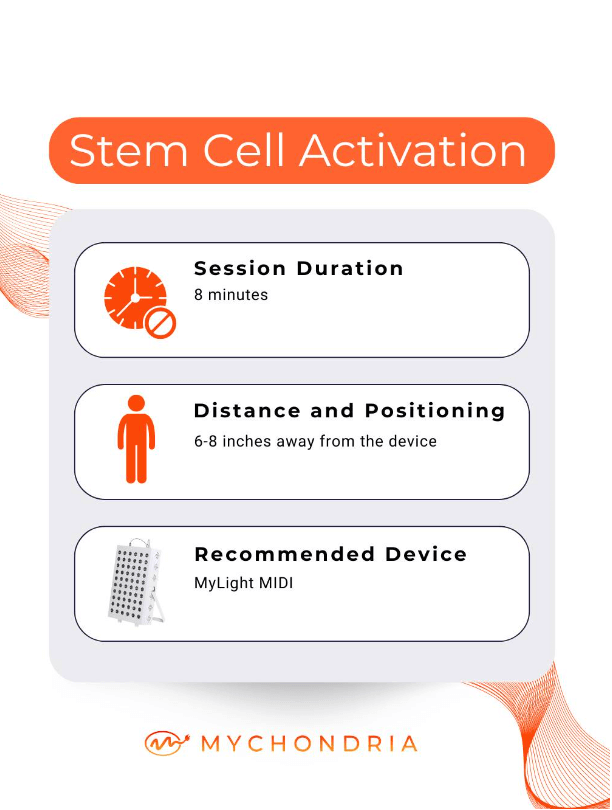
Anxiety disorder is a type of mental health condition that causes sufferers to respond to certain situations with fear and dread. Anxiety has also been linked to many other mental health disorders such as Post Traumatic Stress Disorder, Depression and Obsessive-Compulsive Disorder.
Multiple neurotransmitters in the body are responsible for playing roles in anxiety disorders. The gamma aminobutyric acid neurotransmitter being the most crucial, followed by serotonin, oxytocin and corticotropin-releasing hormones.
An imbalance, either too much or too little, of these neurotransmitters can result in the development of anxiety in the body. It has been reported that nearly 30% of adults experience some form of anxiety during their lives.

An anxiety disorder goes beyond regular nervousness and slight fear that you feel in uncomfortable or unfamiliar situations, or other uneasy feelings that you may feel from time to time. Anxiety disorder is a complex mental disorder where sufferers experience different levels of symptoms but is generally is characterized by:
- Inability to perform normal daily functions
- Inability with controlling your responses to situations
- Rapid heart rate
- Sweating, trembling, and feeling weak
- Inability to concentrate on normal daily tasks
- Insomnia
- Gastrointestinal problems
- An overwhelming sense of fear
A number of factors increase the risk of developing an anxiety disorder, which include:
- Medical conditions such as Diabetes, heart disease, IBS, hyperthyroidism, and certain tumors
- Trauma (mental or physical)
- Genetic – family history of anxiety
- Certain personality traits – shyness or social anxiety
- Drugs or alcohol
- Stressful life situations or environments
Treatments for anxiety disorder:
**DISCLAIMER** First and foremost, if you are experiencing any level of anxiety disorder, we recommend that you seek professional advice to understand the disorder and how best to treat it.
These are generalized recommendations for a very broad and complex disorder that may require medical intervention if you feel that you are not coping in your day to day life.
- A number of medications have been developed to treat many mental conditions, including anxiety disorder. Speak to a medical professional about which one may be right for you.
- Leading a healthy lifestyle – with a balanced diet, exercise and proper sleeping patterns
- Avoiding alcohol and drugs if these trigger negative feelings or stressful emotions
- Limit caffeine intake

Another popular method of reducing anxiety is through the use of red light therapy (RLT). This non-invasive treatment offers a far more holistic and full-body approach to mental disorders.
Clinical studies have shown that once light of certain wavelengths reaches the cerebral cortex of the brain a cascade of reactions begin. This starts with increased blood flow to the area, improving the availability of oxygen and stimulating the production of ATP.
This reaction is beneficial in many ways – reducing inflammation, decreasing damage to neurons and neurotransmitters, boosting antioxidant production, and protecting the proteins that produce neurons.
A study was performed in 2009 on a number of patients with depression and anxiety disorders, where they were exposed to four weeks of treatment to the head with RLT.
By the end of treatment, 60% and 70% of patients were in remission of their depression and anxiety, respectively.
In summary, RLT is able to reduce the effect of mental health disorders such as anxiety in the following ways:
- Increase antioxidant levels
- Increase serotonin levels
- Increase nitric oxide production
- Decrease cortisol production
- Decrease oxidative stress
One of the main benefits of using this type of therapy over traditional medications is that light therapy is non-addictive and users experience no withdrawal symptoms. Patients have noted no negative side effects through this therapy.

Have any more questions? Hit us up for more incredible interesting facts on how our devices can change your life.
Written by: Caroline Bursey
